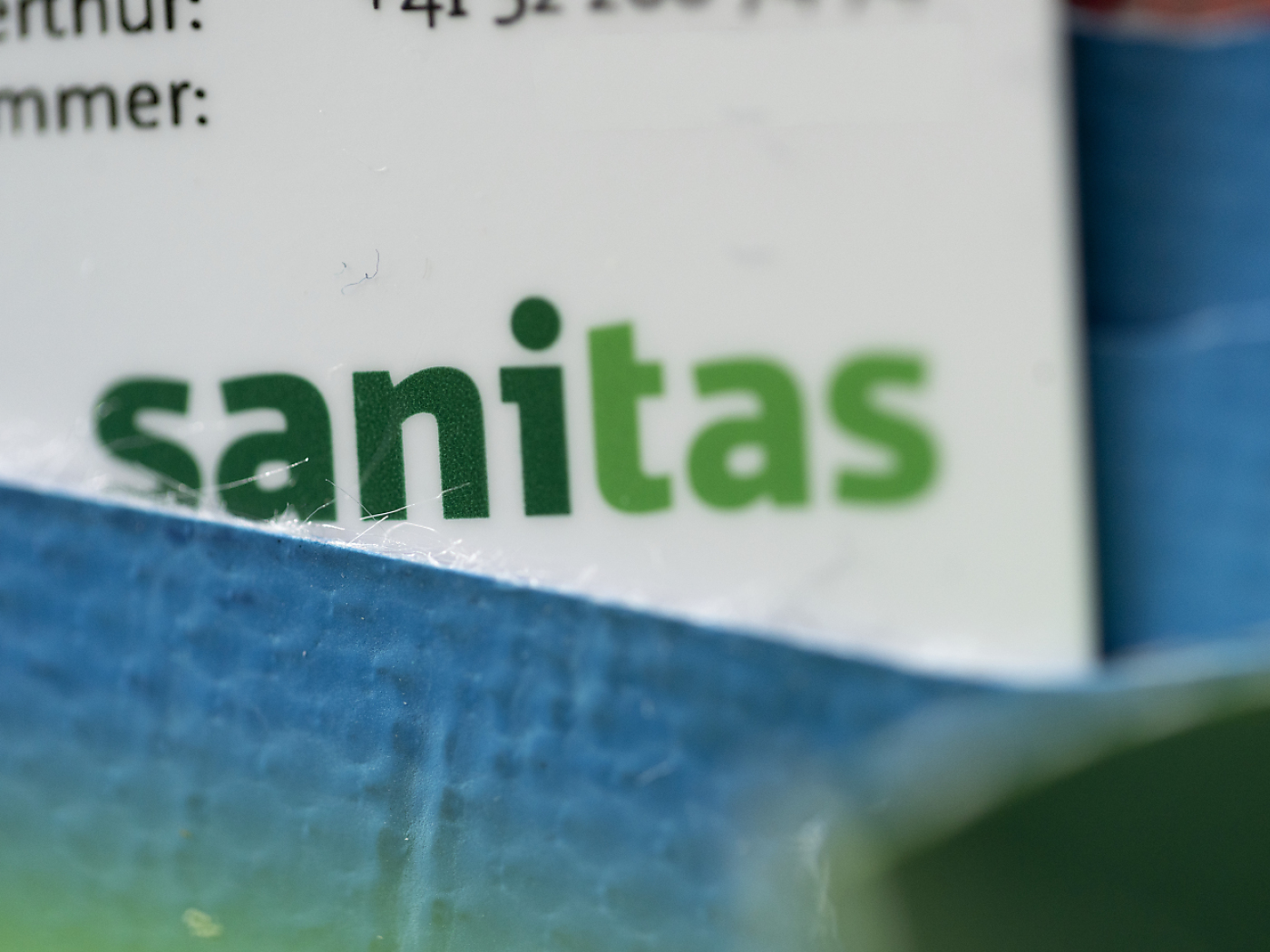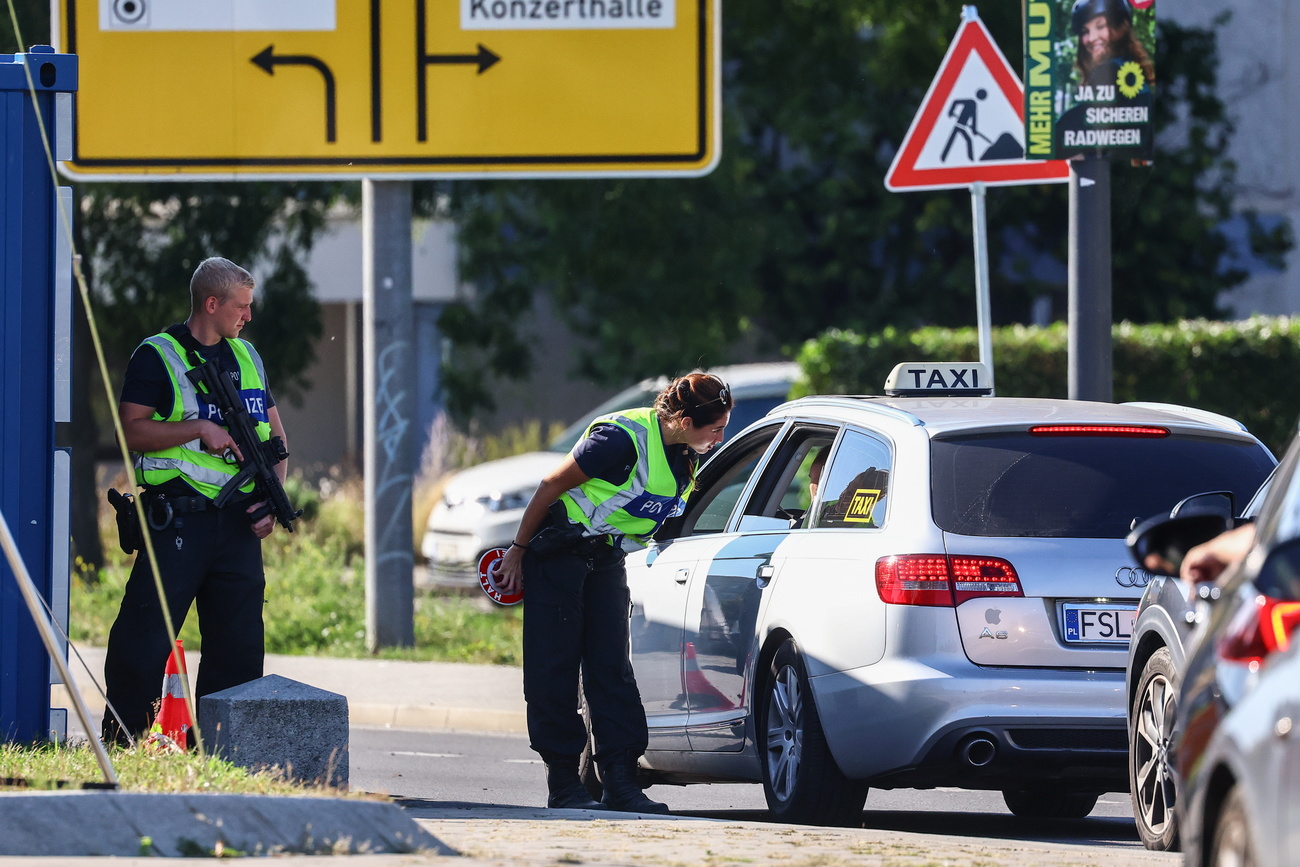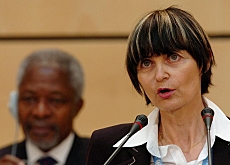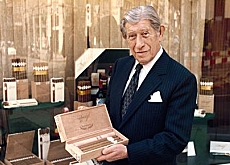Swiss eye Cuban situation with interest

Switzerland is closely watching events in Cuba where the "temporary" withdrawal from power of leader Fidel Castro has many wondering who is running the country.
Bern has a particular interest in the republic as it represents the interests of the United States in Havana and those of Cuba in Washington.
Despite all the confusion about what is really happening in the Cuban hierarchy, ties between Bern and Havana remain on an even keel.
Castro recently told the nation that his brother Raoul would be assuming power temporarily while he underwent surgery. But neither man has been seen in public since the end of July.
“For the time being, what is happening in Havana has had no direct consequences on our relations with Cuba,” commented Swiss foreign ministry spokesman Lars Knuchel.
The Swiss Agency for Development and Cooperation, which has been active on the Caribbean island since 1997 in relatively modest programmes, also says that up till now there have been no repercussions.
“But we are following the situation carefully,” cautioned agency spokesman Joachim Ahrens.
Speculation
In Cuba itself, there is wild speculation about who is really in charge, as well as among Cuban exiles and in political circles around the world.
“The many theories about what is happening just illustrate the misty nature of the Castro regime,” commented Claude Auroi, a Latin American expert at Geneva University’s Graduate Institute for Development Studies.
“In reality no one or nearly no one knows what’s really happening.”
Geneva editor Orlando Blanco, who was chargé d’affaires at the Cuban embassy in Bern from 1964 to 1967, said that from its beginning the regime had lived in a thicket of “lies and contradictions”.
He noted that there is a cult of secrecy surrounding the constant repression of political opponents and dissident voices.
According to the human rights organisation Amnesty International, there are 72 prisoners of conscience detained in Cuban jails.
Human rights
At the Swiss foreign ministry, spokesman Knuchel said that Swiss diplomats always brought up the subject of human rights when they met representatives of the Cuban government.
This was also the case when Swiss foreign minister Micheline Calmy-Rey met her Cuban counterpart, Felipe Perez Roque, in Bern on March 23.
In its 2006 report Amnesty wrote that human rights activists, political dissidents and unionists had been the target of acts of harassment and intimidation.
It added that freedoms of expression and association were “very restricted”, that there was “complete control exerted by the government on all media outlets” and that independent media were “prohibited by law”.
Editor Blanco does not exclude complete chaos when Castro’s rule comes to an end.
“The repressive and security-conscious apparatus is immense and divided into numerous services that keep an eye on each other. And everyone is armed,” he commented.
Destabilising tactics
Auroi also mentioned the possibility of a violent scenario but said it was more likely to be provoked by the destabilising tactics of Cuba’s powerful neighbour the United States, by exiled Cubans in Miami and even by a power struggle at the very heart of Castro’s regime.
But he added that in a first stage the transition would likely be calm.
“The Cuban state and the Communist party will certainly rally round Raoul Castro if he really does become head of the country,” he said.
Auroi pointed out that Raoul is head of the military, which manages the main sectors of the Cuban economy.
But he noted that Raoul was just five years younger than brother Fidel.
“It is therefore inevitable that the government will open up. We could in the short or medium term see a struggle between those who advocate liberalisation of Castro’s regime and hardliners.”
swissinfo, Frédéric Burnand
In its 2006 report, Amnesty International criticised the restrictions on freedom of expression, assembly and association in Cuba.
The European Union took diplomatic sanctions against Cuba in 2003 after a wave of arrests and trials against dissidents.
These sanctions were lifted in February 2005.
The Swiss Agency for Development and Cooperation has been working in Cuba since 1997 and is supporting projects mainly in the medical field.
The SDC began cooperation activities in Cuba at the end of 2000. In its work the SDC supports initiatives by local actors, which include seeking concrete solutions to improve living conditions and to help strengthen institutional structures.
For 2005 the Swiss government paid SFr4 million ($3.27 million) for activities in Cuba.
Bern has represented US interests in Havana since 1961 and Cuban interests in Washington since 1991.
Economic ties between Switzerland and Cuba are minimal and are mainly in tourism.

In compliance with the JTI standards
More: SWI swissinfo.ch certified by the Journalism Trust Initiative












You can find an overview of ongoing debates with our journalists here . Please join us!
If you want to start a conversation about a topic raised in this article or want to report factual errors, email us at english@swissinfo.ch.